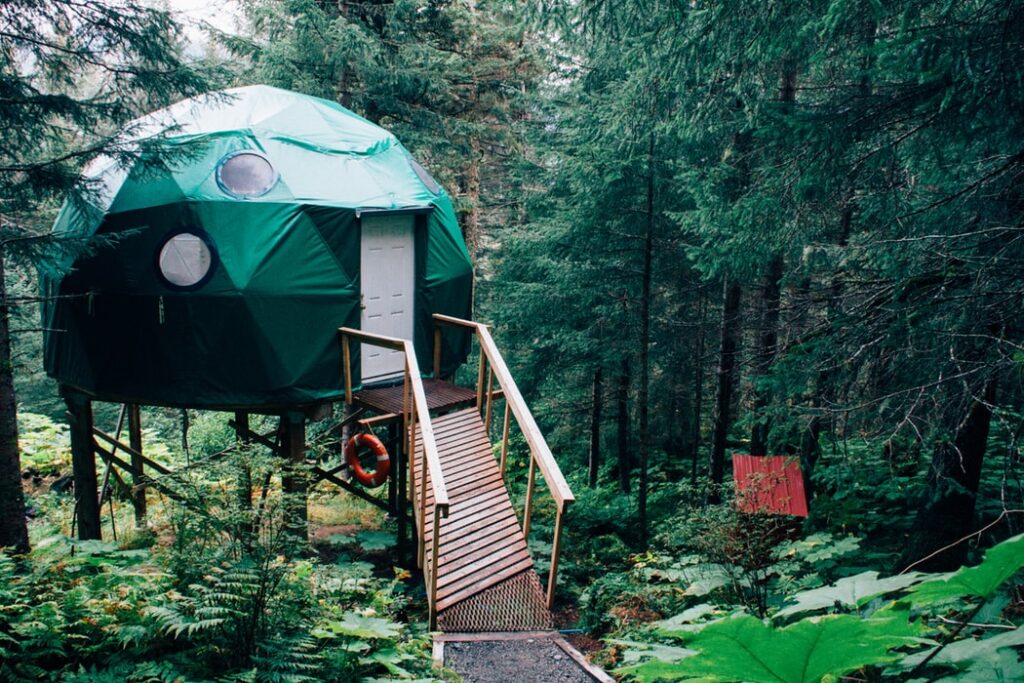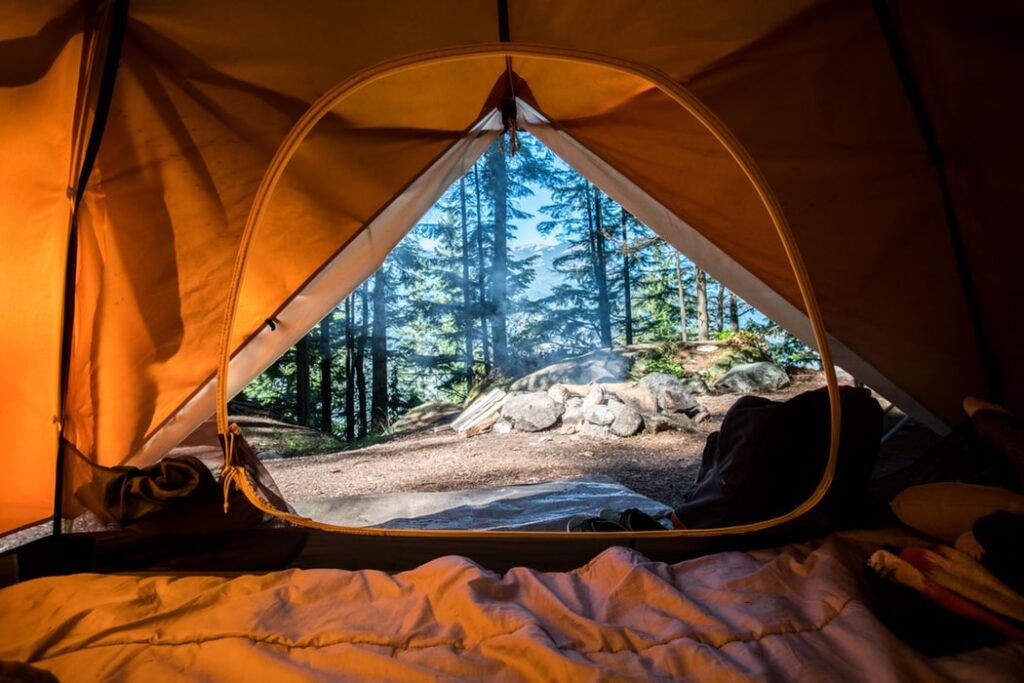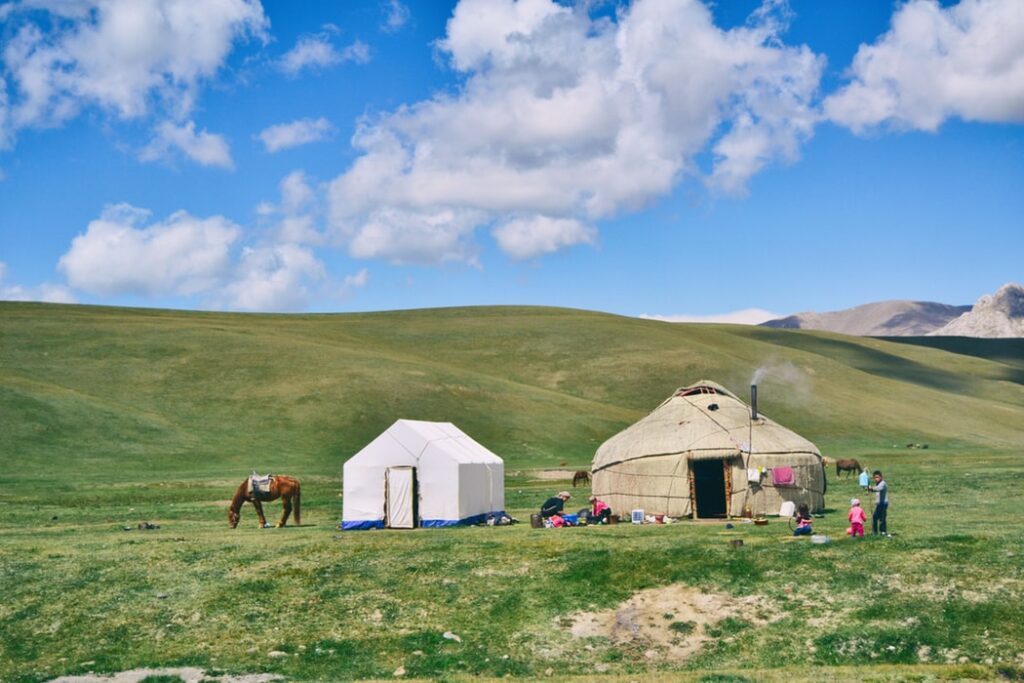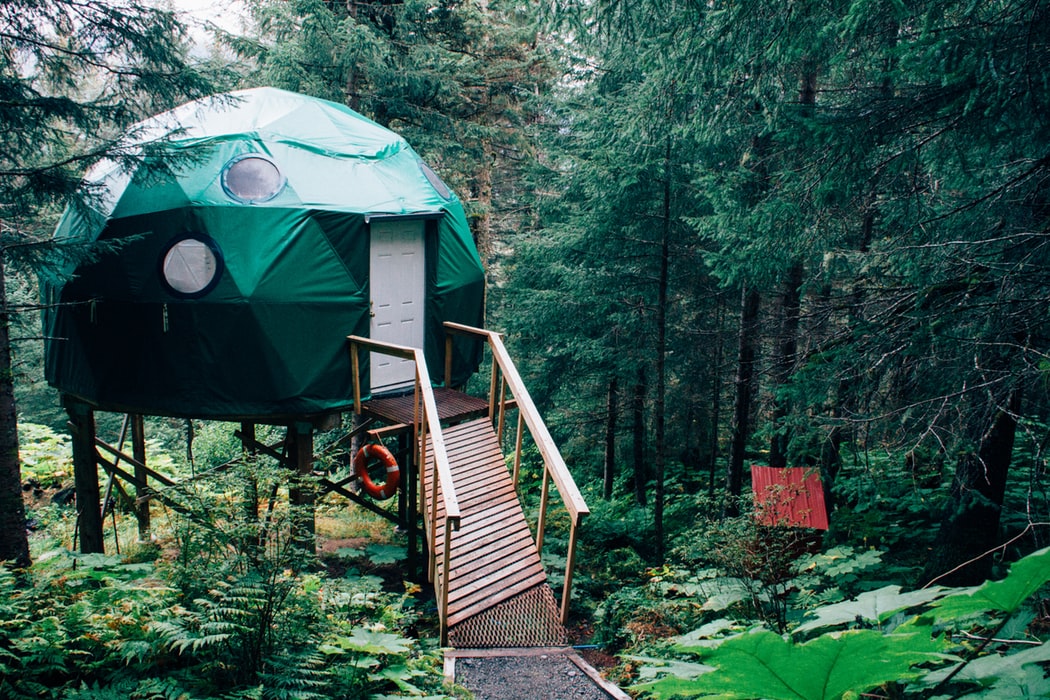
Travelling can take quite the toll on the environment. While this is an unavoidable fact, there are certain ways to counteract your impact, from packing reusable rather than disposable items to travelling by land rather than plane to making conscious decisions about where you stay.
Today, we're going to talk about the latter. There are all sorts of "green" accommodation options out there these days, but few beat an eco-village. Eco-villages are small communities inhabited by like-minded people looking to decrease their environmental impact. Often times, they rely on egalitarian decision-making processes, shared roles within the community and sustainable exports that help to financially support it.

The one commonality of all eco-communities is their desire to live consciously and lower their ecological footprint.
Many eco-villages around the world welcome short-term visitors, which is where you come in. Even if you're not ready to give full-time village living a go, a visit to an eco-community is a great way to travel sustainably, learn about low-impact living, and (in most cases) receive accommodation for a very low price.
In Australia, there are a few notable eco-communities that offer affordable accommodation and the "true" village experience.
- Tasman Village in Nubeena, Tasmania offers work exchanges for people willing to contribute to the community in exchange for food or accommodation.
- In New South Wales, Narara Ecovillage allows campers to stay for $10 per night and participate in village projects and community meals.
- Crystal Waters in Conondale, Queensland also offers camping as well as bunk or cabin accommodation for those looking to explore the co-op and on-site animal sanctuary.

There are also eco-villages in many of the countries where we offer tours and activities, including the following:
- Thailand: Prampredee near Bangkok is a yoga and meditation village that offers free or discounted room and board for anyone willing to work 15 hours per week.
- Japan: At Saihate, you can choose from a few options: Stay at the village for a small daily fee or help out around the place and receive free workshops and accommodation.
- Spain: Lost Portales is a permaculture village north of Sevilla that offers paid accommodation as well as WWOOFing opportunities for long-term visitors.
- Germany: Sieben Linden is an eco-community between Hamburg and Berlin that offers all sorts of budget accommodation including a variety of small lodges, tents and even a yurt.
- Costa Rica: Pachamama offers work trades where visitors work 25 hours per week in exchange for discounted accommodation, free food and daily yoga lessons.

If you're planning a trip to any of these destinations, why not ditch the hostel and try out an eco-village instead? Your wallet and the earth will thank you.




